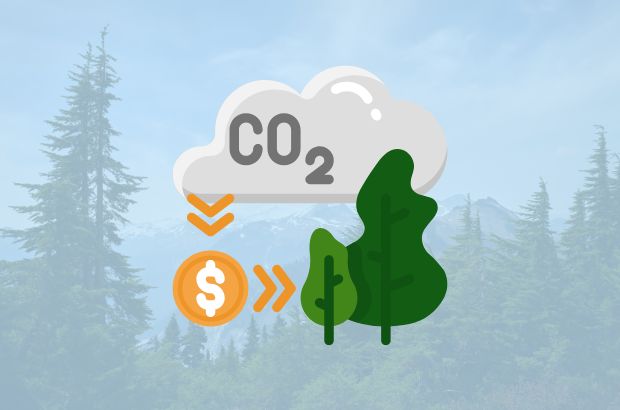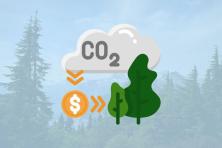With the decisive defeat of ballot initiative 2117 in the November election, Washington voters made their values loud and clear—residents want to live in a state that maintains its national leadership on environmental protections, community environmental justice investments, and accountability for the state’s biggest polluters. With the election in the rearview, and the Climate Commitment Act firmly defended by the people, program implementation will continue moving ahead at full force. We’re sharing an update on the latest and final auction of the year, and what’s in store for the CCA and state climate action in 2025.
The Latest Auction Results
The Department of Ecology hosted the final allowance (or “pollution permit”) auction for 2024 last week, December 4th, raising $271,689,818 for climate projects in Washington communities. After two years of the CCA, this brings total revenue raised through the life of the program for the state (starting Jan. 2023) to an incredible $2.6 Billion.
All of these dollars will be directed towards programs that ensure affordable, clean and resilient energy for Washington communities, that help combat climate change to stave off the worst impacts, and that strengthen our communities’ ability to weather the effects - such as wildfires and heat waves - we’re already facing. (Here’s a roundup of some of these projects that we shared in August)
You can find Ecology’s summary report here for more details on this most recent auction. Notably, an additional $107 million was raised that utilities must use to help customers with energy bills or to support home electrification and efficiency projects. Allowance prices settled at $40.26, up from $29.88 at the previous auction. We’ve previously noted factors that were likely placing downward pressure on allowance pricing, including the uncertainty introduced by I-2117, the volatility of a new program, and the prospect of merging with the California-Québec joint market. But with the threat of I-2117 firmly in the past and compliance with the CCA a necessity for the future, and the continued likelihood of linkage, prices have rebounded closer to California market averages.
What will we see in 2025
Between state ballot initiatives, the Presidential election, and national election outcomes more broadly, it’s hard to overstate just how much was at stake for climate and communities on the November ballot. With the election concluded, we can look more clearly to the future of climate action, where Washington will remain a leader.
The upcoming state legislative session begins January 13th, and odd years are “long sessions” where legislators focus on passing the next biennial budget, and will determine how CCA funds are allocated across different priorities. We’re keeping our eye on both preserving existing climate investments and directing new revenue towards critical needs.
Top priorities will be investing CCA dollars wisely for clean transportation including zero-emission medium- and heavy-duty vehicles, expanding EV charging stations, infrastructure, and affordability; clean homes and buildings; and air quality and ecosystem resilience. We’ve shared notes before on some of the exciting programs coming online thanks to existing CCA revenue (August roundup here), but you can find even more on this Risk of Repeal map.
The state will also continue implementation of key parts of the CCA, including ongoing negotiations with California and Quebec on linkage; new rulemaking to limit criteria pollution from high polluting facilities, a fundamental piece of the CCA’s success; and designing new programs to get funds on the ground swiftly and equitably.
Lastly—a top priority for the legislature in the years to come is building the clean energy needed to achieve the 100% clean energy future set out by our nation-leading policies like the CCA and the Clean Energy Transformation Act. In order to support the unprecedented buildout of new infrastructure, we anticipate a number of bills focused on ensuring that clean energy and transmission siting is efficient and effective—ensuring Tribal consultation and collaboration, environmental protections, and community engagement remain at the forefront.
A quick note on the future of natural gas legislation
Voters rejected all but one of Let’s Go Washington’s backwards-looking initiatives on November’s ballot. I-2066, concerning natural gas regulation, passed by a narrow margin and a legal challenge to the initiative is pending.
We’ll be watching the next steps of CCA implementation closely, and share updates on important milestones, as always!


